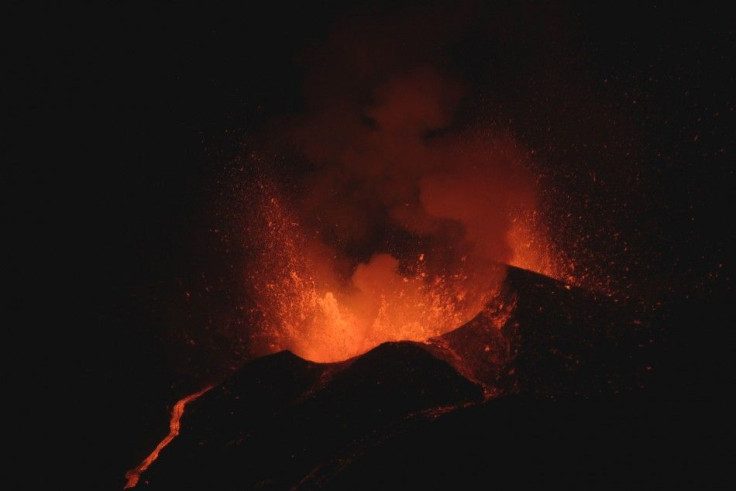New study predicts threat of volcano disasters in Auckland

A doctoral research taken up by a research student at the Victoria University of Wellington explains the disaster risk posed by Auckland due to a new volcanic eruption.
The research--conducted collaboratively by Jenni Hopkins the University of Auckland and GNS Science-- explains the eruptive history of Auckland's famous volcanic fields. History suggests that landmarks such as Mt Eden, Mt Albert, Rangitoto and One Tree Hill have resulted in more than 50 craters created nearly 200,000 years ago.
Although the volcanic field is currently inactive and dormant, the researchers expect them to erupt again from a new site within next few hundred years.
"The 53 volcanoes in Auckland are almost entirely monogenetic, which means they generally only erupt once," says Hopkins, reports Phys.org. "But what was previously unknown was the order in which they erupted—I wanted to find that out so that we could establish the characteristics of the field and get an idea of what a future eruption might be like."
During the study, the research team collected ash deposits from the lake sediment core and analysed the thickness of the layers and the order of its deposition. Hopkins also assisted in developing a new groundbreaking geochemical technique that allowed the researchers to link the kind of ash deposit to its source volcano, for the first time in the history.
Hopkins says that her research intends to assist in the development of better disaster management practices based on the threat posed by Auckland's volcanoes to its people and infrastructure.
A previous research suggested that Rangiroto--believed to have formed 500-550 years ago--has erupted not only once, but a multiple times in the last 1,000 years. The study findings prompted the researchers to rethink about the rest of the volcanoes that might erupt again in the future.
Contact the writer at feedback@ibtimes.com.au, or let us know what you think below.





















